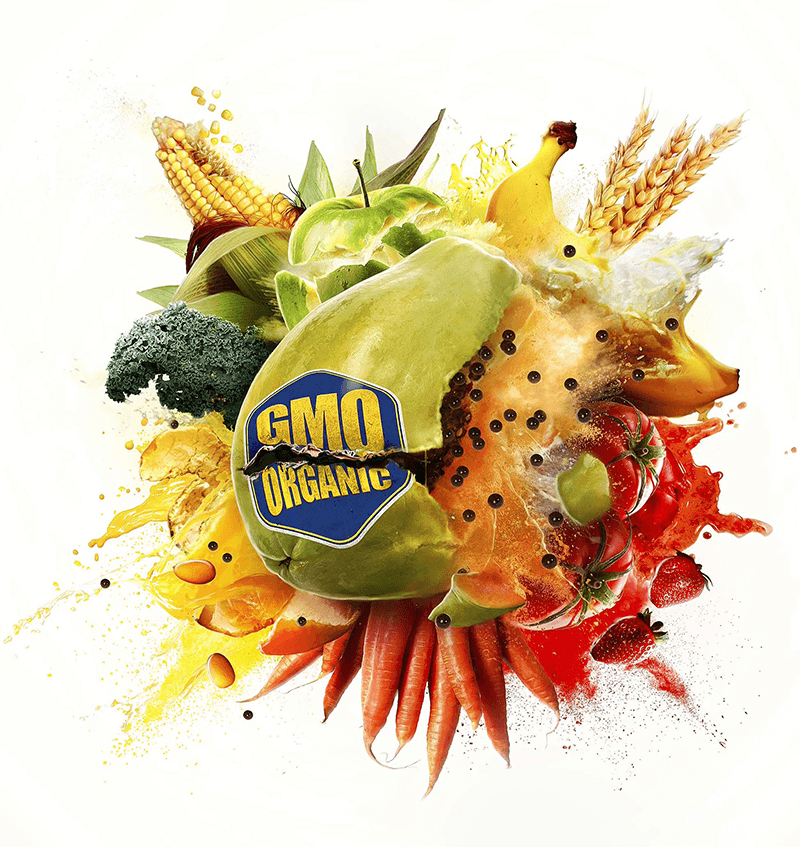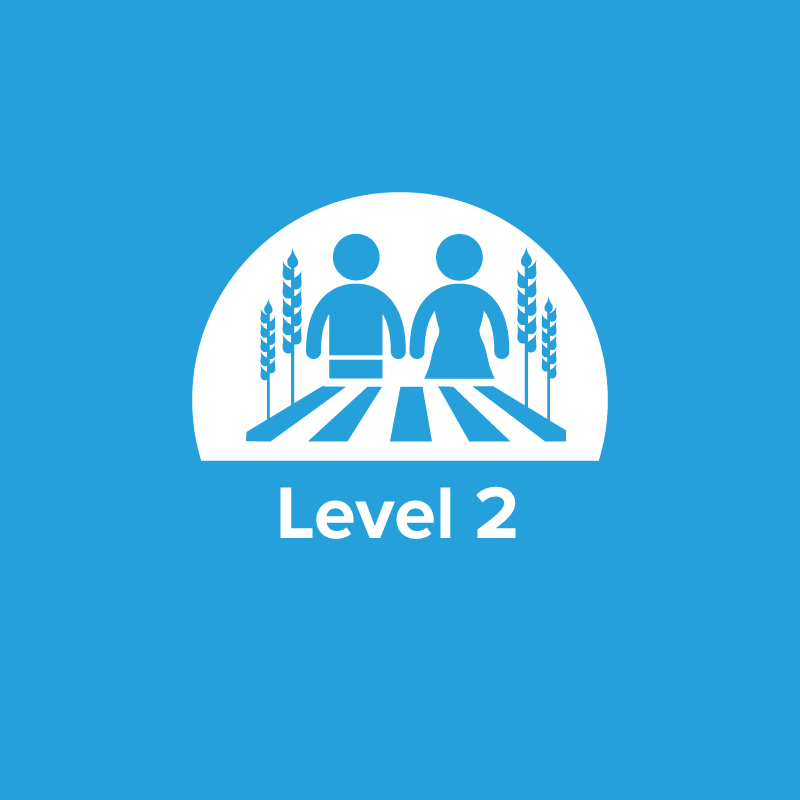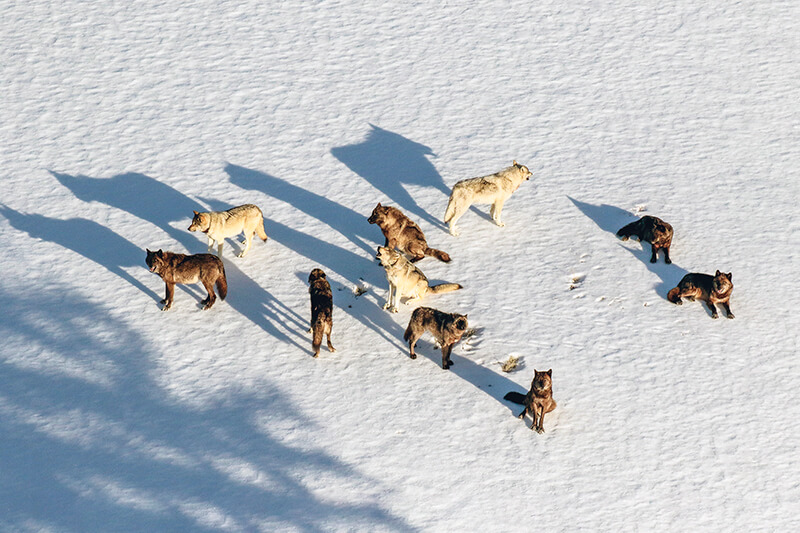
Food Evolution
Students will view the 2016 documentary Food Evolution to evaluate the polarized debate surrounding bioengineering (GMOs). In this film director, Scott Hamilton Kennedy travels from Hawaiian papaya groves to Ugandan banana farms, to cornfields in Iowa to document how agricultural technology can be used in such varied crop settings. This lesson covers a socioscientific issue and aims to provide students with tools to evaluate science within the context of social and economic points of view.

